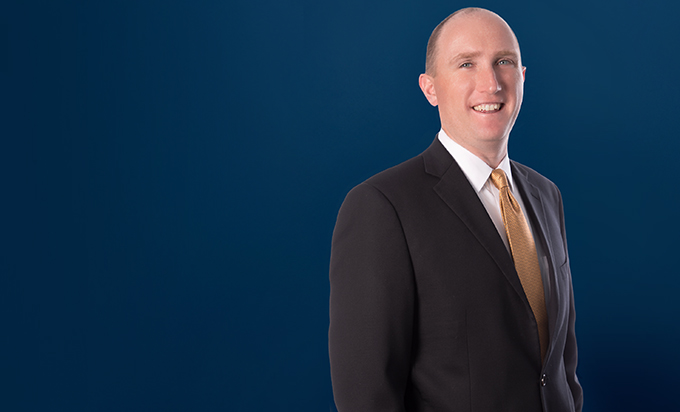
|
||||
| Innocence Is No Defense: Debt Obtained by Fraud Is Nondischargable | February 23, 2023 | |||
|
A debt “for money, property, services, or an extension [. . .] of credit, to the extent obtained by [. . .] actual fraud,” is not dischargeable in a chapter 7 bankruptcy case.[1] Courts have questioned whether this applied if the debtor did not commit the fraud or even have knowledge of it. On February 22, the Supreme Court in Bartenwerfer v. Buckley, No. 21-908, 2023 WL 2144417 (U.S. Feb. 22, 2023), resolved that question, holding that a debtor’s knowledge of the fraud is not relevant. What matters is that the debt arose because of fraud, not whether the debtor was a direct participant in or even knew of the fraud. In Bartenwerfer, the debtor and her soon-to-be husband decided to remodel a house they jointly owned. Husband did most of the work; wife was largely uninvolved. They later sold the house, attesting that they had disclosed all material facts related to the property. As it turns out, several defects were not disclosed, including a leaky roof, permit problems, and more. The buyer sued in state court and won a judgment of more than $200,000 against the pair. The couple were unable to pay this judgment and filed for bankruptcy relief under chapter 7 of the Bankruptcy Code. The buyer filed a complaint in the bankruptcy court seeking to have their debt to him held nondischargeable. The evidence showed that the husband knowingly concealed the defects. The wife, however, asserted that she did not know, and had no reason to know, of her husband’s fraud. The case reached the Supreme Court after conflicting decisions in the lower courts. The Court decided that statutory language dictated the case outcome. The statute refers to how the debt arose (by fraud), not the debtor’s culpability. Indeed, the Supreme Court noted that a debtor is rarely obligated for the fraud of another; it happens only when state or other law demands it. In circumstances where the law ascribes liability to an “honest” debtor for the fraud of another person, bankruptcy cannot be used to circumvent that policy decision. Bankruptcy represents a series of compromises. On the one hand, Congress decided that debtors facing overwhelming debts deserve a chance at a fresh start. On the other, Congress has made it clear that bankruptcy cannot be used to avoid certain debts (e.g., those arising from fraud, embezzlement, or “willful and malicious injury”). Here, the Supreme Court held that debts for fraud cross the line and may not be evaded. For debtors, one main lesson is that care must be taken when relying on the word of others. The problem for the wife in the Bartenwerfer case was that she attested that the house had no material defects, apparently relying on information from her husband, when this was not actually true. The Supreme Court held that bankruptcy could not relieve her from the result of this action. Miller Canfield advises clients regarding their rights in bankruptcy cases and related matters. Should you have any questions or wish assistance, please feel free to contact your Miller Canfield attorney or one of the authors of this alert. [1] 11 U.S.C. § 523(a)(2)(A). |
|
|||
|
Subscribe | Unsubscribe
Follow Us:
|
||||
|
This message may be considered attorney advertising material in certain jurisdictions and is for general information only. It should not be construed as and is not intended to constitute legal advice, and should not be used as a basis for action without obtaining legal advice from a qualified attorney. Prior results do not guarantee similar outcomes. This email was sent by: Miller, Canfield, Paddock and Stone, P.L.C. |
||||

